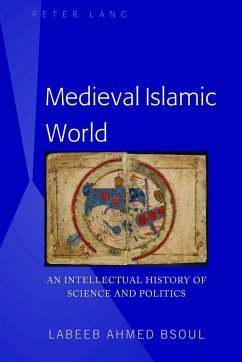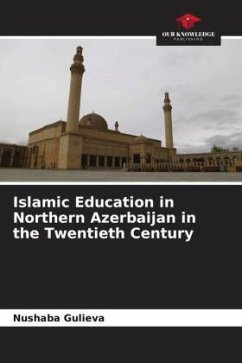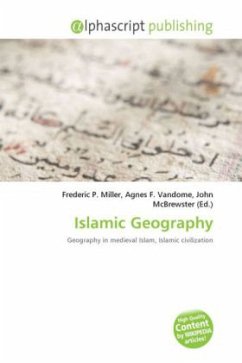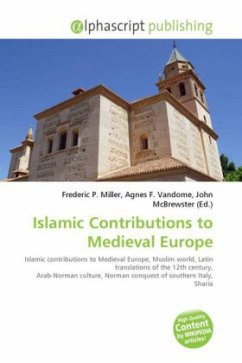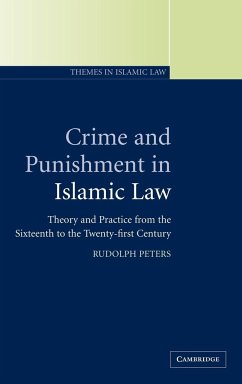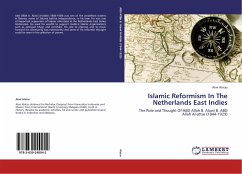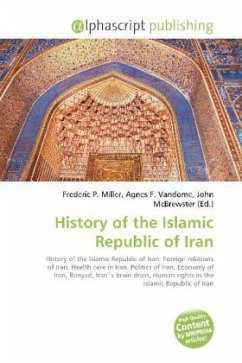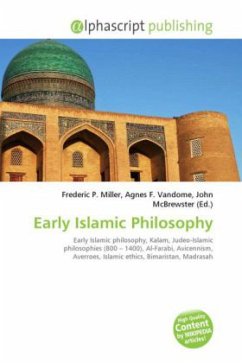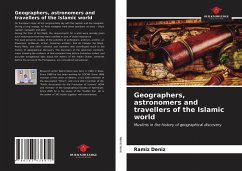
Power-Knowledge in Tabari's 'Histoire' of Islam
Politicizing the past in Medieval Islamic Historiography
Herausgegeben: Francis, James M. M.
Versandkostenfrei!
Versandfertig in 6-10 Tagen
115,05 €
inkl. MwSt.
Weitere Ausgaben:

PAYBACK Punkte
0 °P sammeln!
Muhammad al-Tabari's History, written about 300 years after the establishment of Islam, is one of the religion's most important commentaries. It offers important insights into the early development of Islam, not so much for its history as for the ways it was interpreted and understood. Through application of modern historiographical analysis and scriptural exegesis, the book explores the space between factual history and interpretive history, or histoire. The focus is especially on the ways in which al-Tabari himself understood and interpreted Qur'anic evidence, employing it not so much for li...
Muhammad al-Tabari's History, written about 300 years after the establishment of Islam, is one of the religion's most important commentaries. It offers important insights into the early development of Islam, not so much for its history as for the ways it was interpreted and understood. Through application of modern historiographical analysis and scriptural exegesis, the book explores the space between factual history and interpretive history, or histoire. The focus is especially on the ways in which al-Tabari himself understood and interpreted Qur'anic evidence, employing it not so much for literal as for political purposes. In this sense, his work is best understood not as a reliable history in the modern sense but as a politically-inspired commentary. Granted that his work has often been relied on for Islam's historical claims, this book offers important new insights into the ways in which power and politics were shaping interpretations in its first three hundred years.





